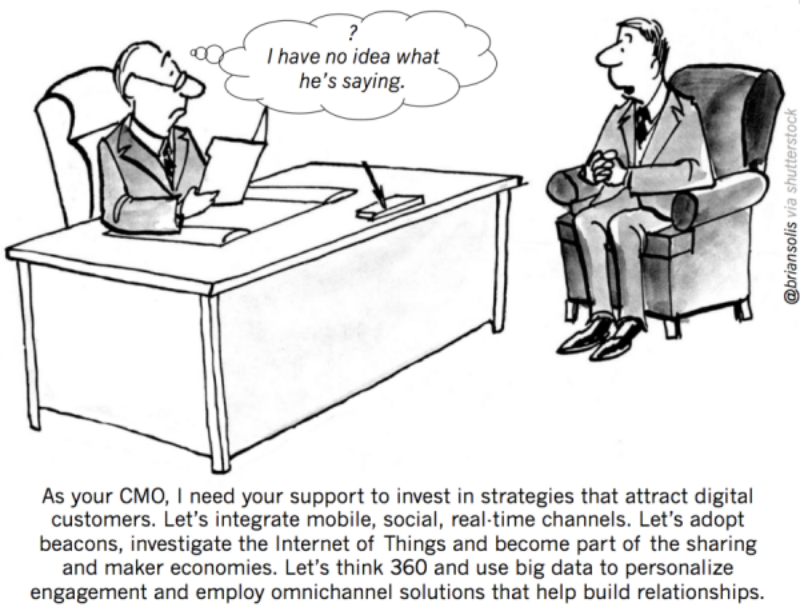Digital Transformation
Over the next few weeks, I will be organising Travel Technology Initiative’s Autumn conference. The title of the event is Digital Transformation. This has got me thinking about what does Digital Transformation really mean and are there any travel industry players undergoing a digital transformation?
To understand what Digital Transformation might mean, you can turn to Wikpedia, which says it “refers to the changes associated with the application of digital technology in all aspects of human society. Digital transformation may be thought as the third stage of embracing digital technologies; the first two being digital competence and digital literacy. Digital transformation means that digital usages inherently enable new types of innovation and creativity in a particular domain, rather than simply enhance and support the traditional methods.”
So it is not enough to simply understand and apply digital technologies to your existing business processes. Transformation is about wholesale change to the basic components of a business: from its operating model to its infrastructure. A transformation programme would touch every function of a business; from purchasing, finance, human resource, through to operations, sales and marketing.
There are three key drivers of digital transformation: changing consumer demand, changing technology and changing competition. These three are not isolated from each other but go hand in hand. Changing technology affects consumer demand which is then addressed by new competitors entering the market. An obvious example is Uber, whose business model absolutely depends on the current technology of GPS-enabled smartphones. This has allowed it to compete very effectively in the taxi market. Going back to the early days of the Internet, we had businesses such as easyJet that its founder, Stelios, described as an ‘Internet Airline’, only made possible by his faith that the internet would take off and so drastically cut distribution costs compared to other airlines. In the accommodation sector, businesses such as HotelTonight have taken advantage of consumers who are constantly connected to provide a market for their ultra-last-minute booking services.
Of course, the example businesses I have mentioned were start-ups, able to build their operations unencumbered by legacy business models. They did not need to go through any painful process of digital transformation but were able to take a blue sky approach to building their new digitally enabled businesses.
There are many existing travel businesses that have become digitally competent. They have great mobile apps, sophisticated websites and are embracing personalisation driven by big data analytics. They are doing a good job at embracing the digital age. But have any existing travel businesses completed a digital transformation? If not, does it matter? What do you think?
